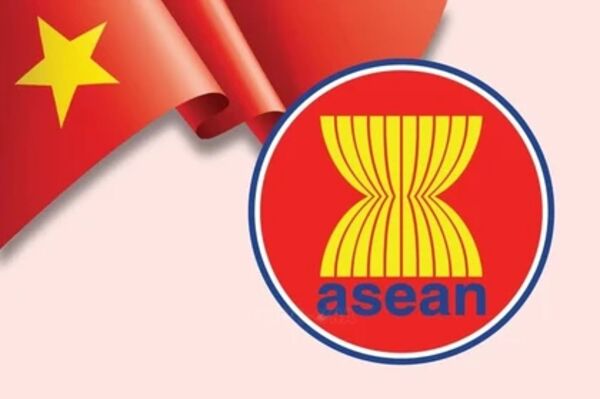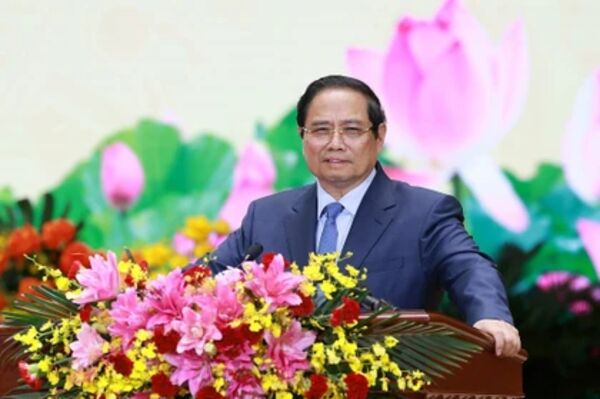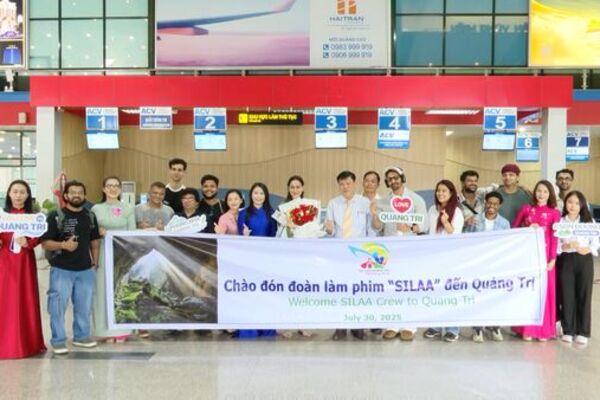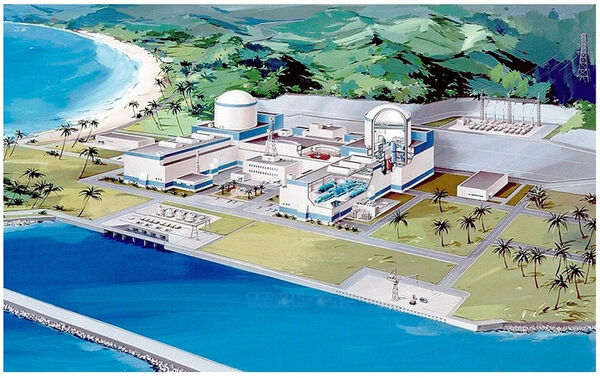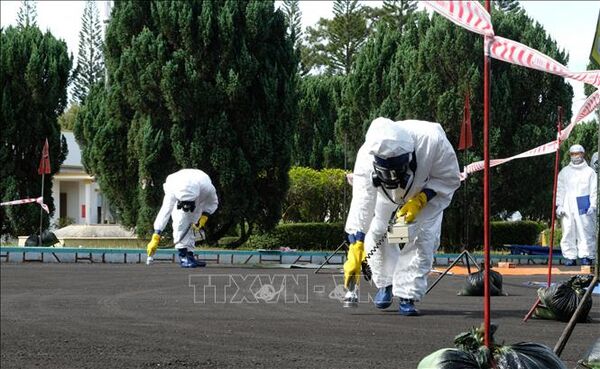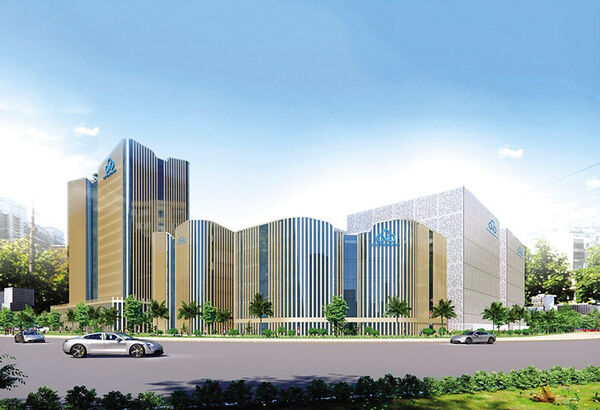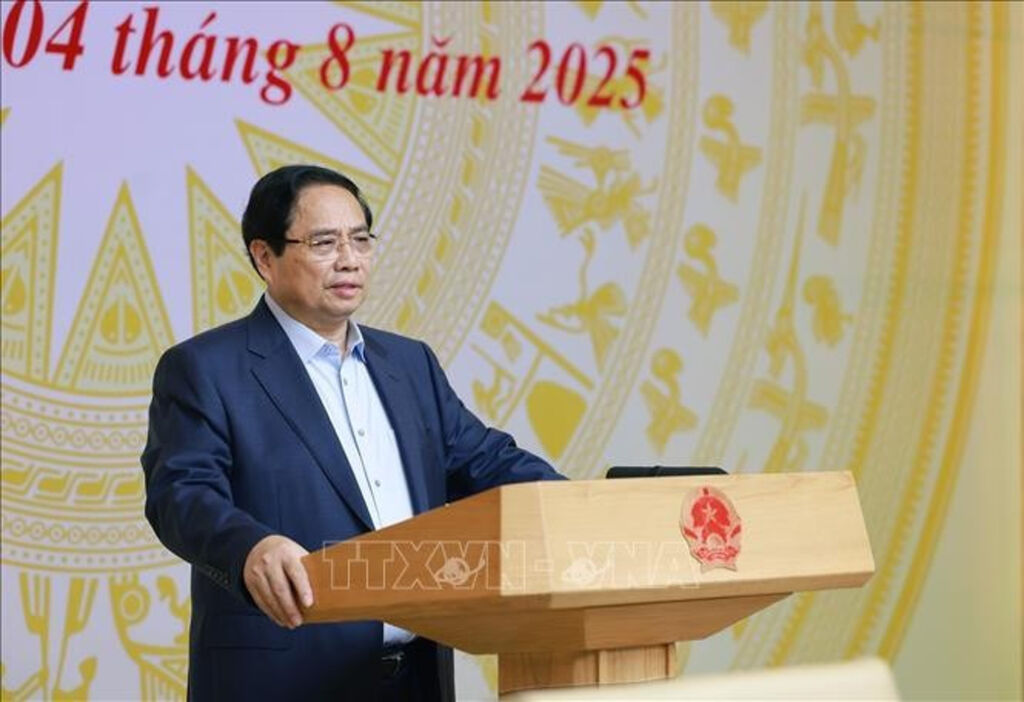 |
| Prime Minister Pham Minh Chinh, head of the National Steering Committee on Semiconductor Industry Development, chairs the committee’s second meeting in Hanoi on August 4. (Photo: VNA) |
Hanoi (VNA) – Prime Minister Pham Minh Chinh, head of the National Steering Committee on Semiconductor Industry Development, chaired the committee’s second meeting in Hanoi on August 4 to assess progress made since its first session and discuss ways to further advance the sector.
The hybrid meeting was connected with some localities, universities, institutes, and high-tech zones across the country. Also attending were Deputy Prime Minister Nguyen Chi Dung - the committee's deputy head, ministers, and representatives of agencies and localities, and tech firms.
In his opening remarks, PM Chinh highlighted the importance of the Fourth Industrial Revolution, especially in fields such as semiconductors, artificial intelligence (AI), cloud computing, and the Internet of Things (IoT), to the future of nations, including Vietnam.
He noted that while the global semiconductor industry has been developing for years in numerous countries, it remains complex and competitive. Still, each country is actively pursuing its own strategy, underlining the strategic importance of this sector.
Vietnam has issued many key policies to support semiconductor development, notably the Politburo’s Resolution 57 on science, technology, innovation, and digital transformation. Other initiatives include the Semiconductor Industry Development Strategy to 2030, with a vision to 2050, and the Human Resources Development Programme for the Semiconductor Industry.
The PM acknowledged that while some initial results have been achieved, progress remains modest and many challenges lie ahead. He emphasised the need for Vietnam to strengthen its economic self-reliance, engage in international integration more deeply, and further improve people’s living standards. To achieve this, boosting labour productivity and making the most of all resources, especially human capital, is essential.
Pointing out that Vietnam’s success in artificial intelligence will depend heavily on its semiconductor sector, the PM urged participants to analyse both achievements and shortcomings, and propose solutions to key issues, especially those regarding workforce training, infrastructure development, investment attraction, and building a strong semiconductor ecosystem.
He also encouraged the development of cooperation models between the government, academia, and industry to help Vietnam fast-track its progress and become competitive globally in semiconductors.
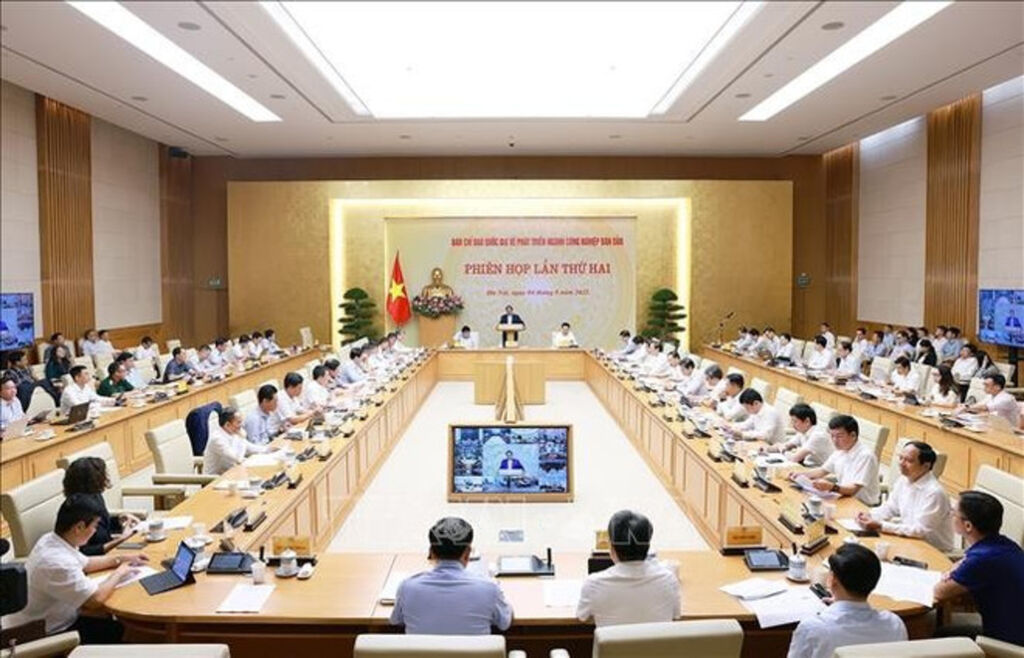 |
| The second meeting of the National Steering Committee on Semiconductor Industry Development is held on August 4. (Photo: VNA) |
Given Vietnam's limited resources and experience, PM Chinh called for proposals that focus on leadership and the engagement of stakeholders from design to assembly, manufacturing, packaging, and integration into the global supply chain.
He stressed the need to identify bottlenecks and outline clear responsibilities, tasks, and timelines. Developing the semiconductor industry is a long-term, strategic goal, he said, requiring “high determination, great efforts, drastic actions, and clear accountability.”
He urged ministries, localities, businesses, experts, and scientists to work closely together to turn Vietnam into a strong player in the global semiconductor sector.
The committee, established in 2024, is tasked with helping the Government and Prime Minister study, direct and coordinate with competent sides to handle important related issues.
Besides, it will be responsible for researching, giving consultations, recommendations and measures, as well as facilitating the coordination between relevant ministries and ministerial-level agencies, Government bodies, and related organisations to bolster the semiconductor industry development.
Its first meeting took place in Hanoi in December 2024.
By 2045, Vietnam eyes to become an important link in the global semiconductor industry value chain with a contingent of engineers and experts capable of meeting the industry's requirements in both quality and quantity.
The country also plans to deeply engage in the semiconductor packaging and testing process, aiming to master part of the associated technology, as well as train 50,000 engineers to serve the industry across all stages of the value chain by 2030./.
